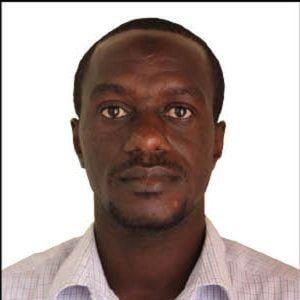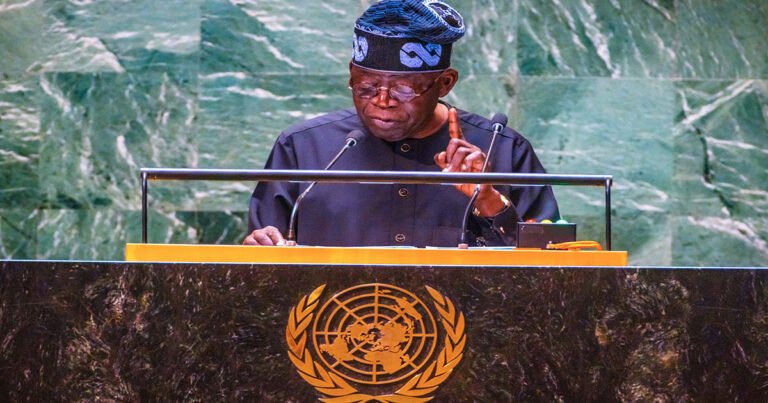President Tinubu’s inaugural address at the United Nations General Assembly was marked by optimism, determination, and a call to action. As the newly elected President of the Federal Republic of Nigeria, he addressed an audience of world leaders, dignitaries, and delegates, highlighting the challenges and opportunities facing his nation and the broader African continent. In this article, we will delve into the key points of President address and the significance of his words on the global stage.
A Nation with Rich History and Culture
President Tinubu commenced his address by emphasizing Nigeria’s rich history and vibrant culture. He described Nigeria as a nation of resilient and resourceful people, underlining the importance of acknowledging the country’s heritage as it moves forward.
The Challenge of Poverty
One of the primary challenges that President acknowledged was the pervasive issue of poverty in Nigeria and across Africa. He painted a stark picture of millions living in abject poverty, lacking access to fundamental necessities. This issue, he stressed, required a collective global effort to eradicate.
The Threat of Insecurity
Insecurity in Nigeria, characterized by terrorism, insurgency, and banditry, was another critical issue President addressed. He conveyed the immense suffering and loss of life that these challenges have caused and expressed the urgent need for international support in addressing these security concerns.
Nigeria’s Ascent
Despite the challenges, President Tinubu remained steadfast in his belief in Nigeria’s potential. He spoke of Nigeria as a young and dynamic nation with a growing economy and a robust democracy. He reiterated Nigeria’s commitment to building a brighter future characterized by peace, prosperity, and justice.
The Role of the United Nations
In a significant portion of his address, President Tinubu called upon the United Nations to take a leading role in supporting Nigeria and other African nations in achieving sustainable development. This support, he argued, should encompass increased investments in education, healthcare, infrastructure, and job creation. Additionally, he stressed the need for a renewed focus on peace and security to stabilize the region.
Nigeria’s Global Commitment
President Tinubu concluded his address by expressing Nigeria’s dedication to working collaboratively with the United Nations and the international community to achieve these ambitious goals. He underscored that a better future for Africa would inherently translate into a better future for the entire world.
In conclusion, President Tinubu’s first address at the UN General Assembly was a powerful statement of intent. It highlighted the challenges that Nigeria faces, while also showcasing the nation’s resilience and determination. His call for international support and cooperation signifies the interconnectedness of global challenges and the role the United Nations must play in addressing them.
FAQs
1. Who is President Tinubu?
President Tinubu is the newly elected President of the Federal Republic of Nigeria.
2. What were the key points of President Tinubu’s UN address?
President Tinubu emphasized Nigeria’s rich history, the challenge of poverty, the threat of insecurity, Nigeria’s potential for growth, and the vital role of the United Nations in achieving sustainable development.
3. What are the major challenges facing Nigeria?
Nigeria faces challenges such as poverty, insecurity, and the need for economic development.
4. What did President Tinubu emphasize about Nigeria’s future?
President Tinubu stressed Nigeria’s commitment to building a future characterized by peace, prosperity, and justice.
5. What is the significance of President Tinubu’s call for international support?
President Tinubu’s call for international support highlights the need for global cooperation in addressing the challenges faced by Nigeria and other African nations.




